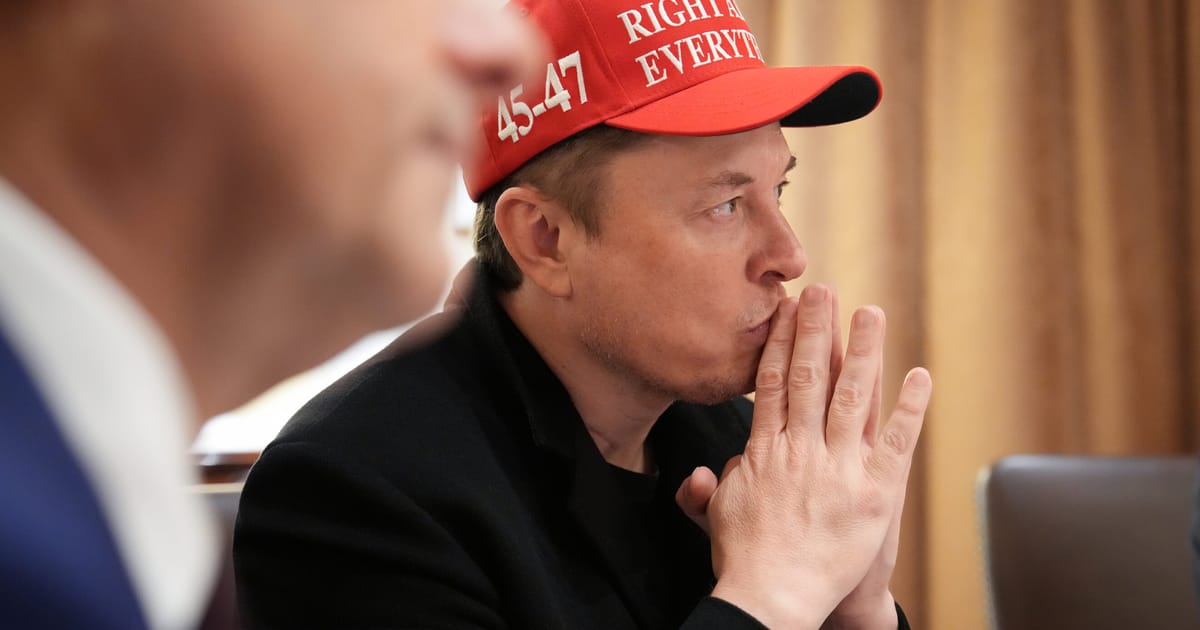

As the political landscape across the globe continues to evolve, recent developments in the United States, Europe, and beyond provide a fascinating tapestry of leadership strategies and political maneuvering. By exploring these notable events, a picture emerges of how leaders are navigating their respective arenas with initiatives designed to reshape economic policies, electoral systems, and international relations.
In recent news, former U.S. President Donald Trump has made waves once more with his decision to sign an executive order lifting several financial sanctions on Syria. This strategic move follows the ousting of Bashar al-Assad, and the White House suggests it could lead to broader sanctions relief aimed at stabilizing the region. By revoking a 2004 declaration that froze Syrian government assets, Trump has opted for a shift in U.S. policy marked by engagement rather than isolation. This decision opens the door to international discourse and potential economic rejuvenation within Syria, offering a hopeful prospect of a more stable future.
Meanwhile, across the Atlantic, significant political dynamics are playing out within the United Kingdom as the country grapples with legislative decisions. The future of the government’s welfare bill hangs in the balance, with Prime Minister Rishi Sunak having made substantial financial concessions to secure support from his backbench MPs. Despite these efforts, uncertainty looms over the passage of the bill, underscoring the complexities of rallying political consensus in times of fiscal constraint.
In France, Prime Minister François Bayrou is embarked on an ambitious reform of the legislative election system, aiming to introduce a proportional representation model. This proposal, though met with resistance even from within his coalition, particularly from Les Républicains and Edouard Philippe’s Horizons party, underscores a commitment to enhancing democratic engagement. By seeking alliance with left-wing factions and the Rassemblement National, Bayrou demonstrates political dexterity, balancing the demands of diverse political entities while striving for inclusive governance reform.
In another corner of Europe, the political climate in Montenegro is marked by a debate over financial transparency. Opposition to the public consultation of income declarations by the country’s leader highlights ongoing concerns about privacy and governance in fiscal matters. These discussions reflect broader regional themes of accountability and transparency as nations strive to align government actions with public expectations.
In the digital sphere, a spat between Donald Trump and tech mogul Elon Musk has captured public interest, underscoring the intersection of politics and technology. The former allies have engaged in a lively exchange over social media, with Trump explicitly threatening Musk’s business ventures by targeting government subsidies and contracts. This friction illustrates the complex and sometimes contentious relationship between political power and technological innovation, with potential implications for policy and industry.
Overall, these stories collectively spotlight the intricate and interconnected nature of contemporary politics. As leaders navigate economic challenges, policy reforms, and international relations, their decisions echo across borders, shaping the world in nuanced and interdependent ways. By maintaining a mindful awareness of these dynamics, observers and participants alike can cultivate a more comprehensive understanding of how global leadership unfolds—and the myriad factors that drive it.
Source: {link}
